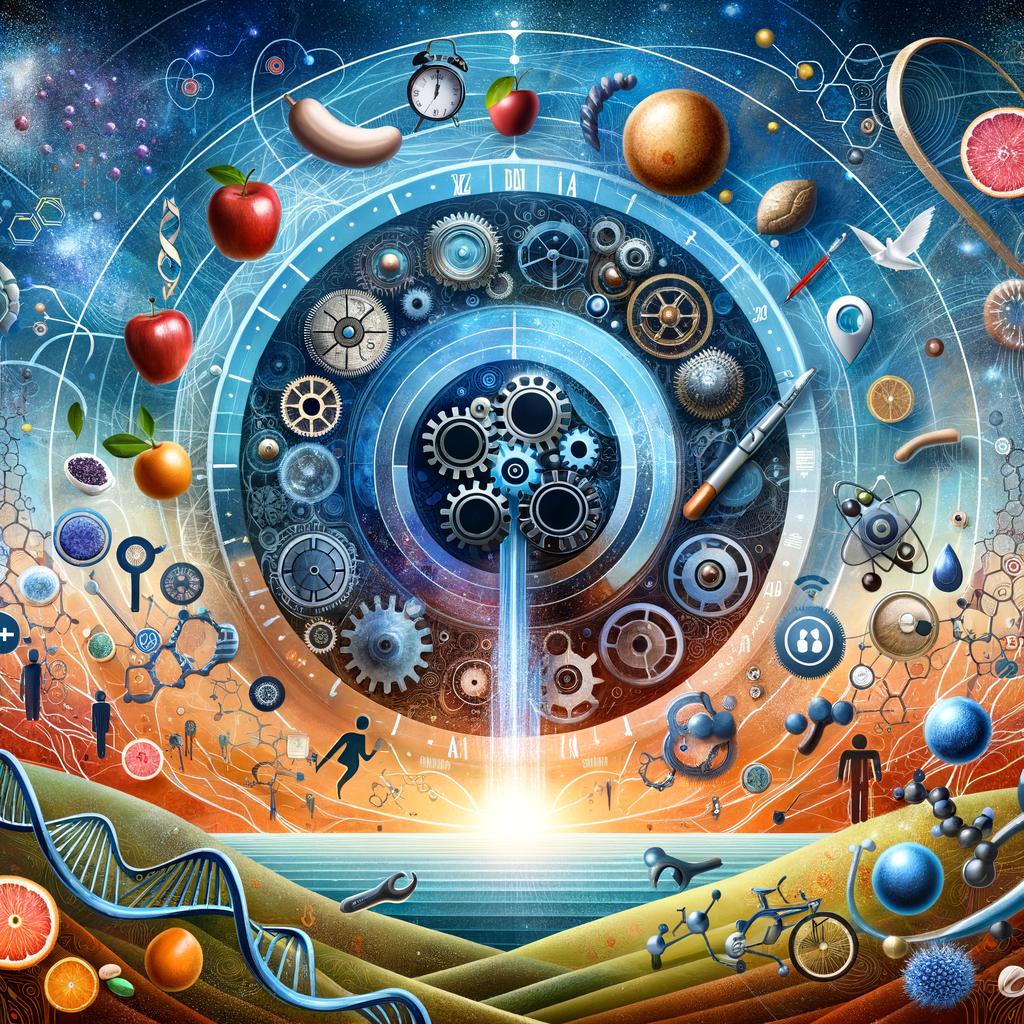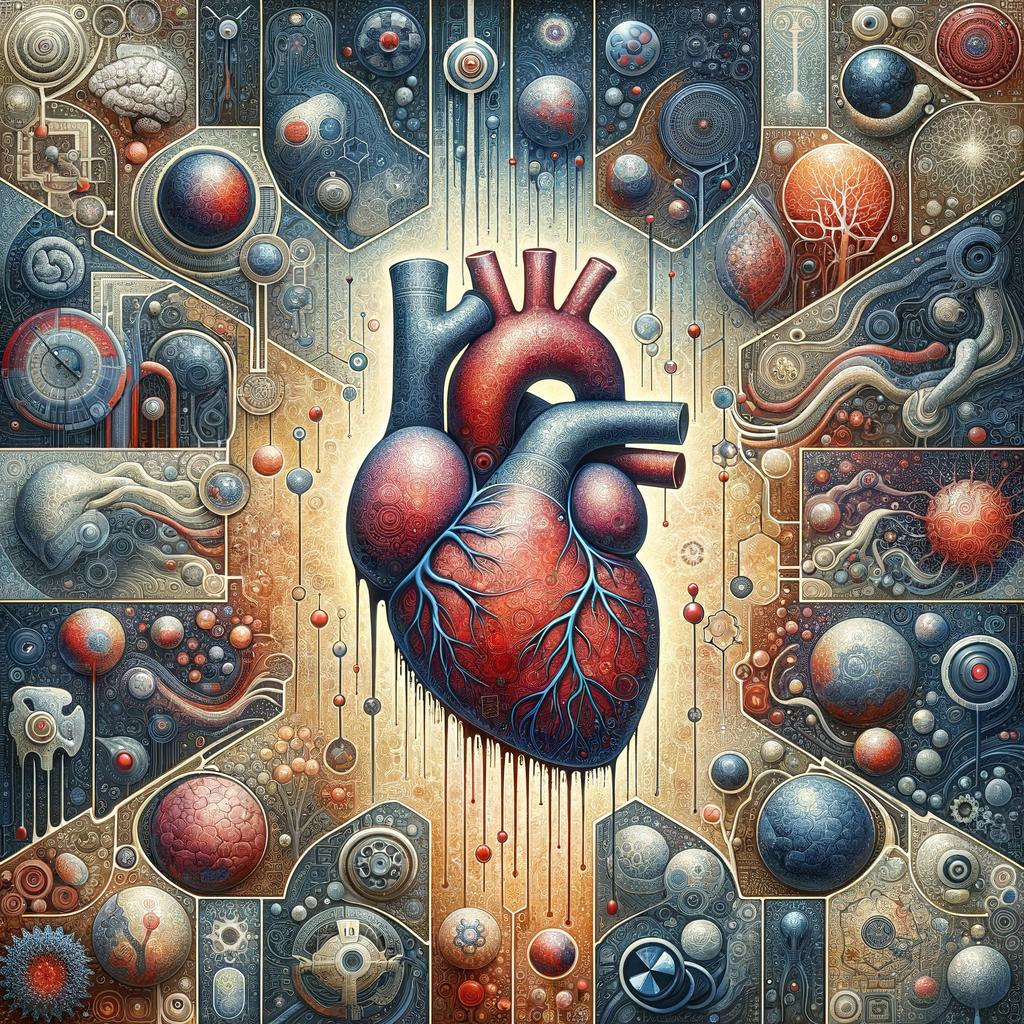
The Deeper Mystery Behind BPH
What exactly stirs up the storm in the prostate leading to BPH? Well, buckle up, brave reader, as we dive into the deeper chambers of this issue. Mirroring the moon’s sway over the ocean tides, hormones in your body have a powerful pull over your health, including the size of your prostate gland. However, BPH, or benign prostatic hyperplasia as it’s formally known, isn’t solely a hormone havoc – age and genetic factors also make their grand entrance on this stage. So, let’s pop the hood and take a closer look at the root cause of this all-too-common prostate condition.
Aging – Time’s Unstoppable Tally
It’s no secret that as men grow older, changes in the body are inevitable. For many, this includes the unwelcome arrival of BPH. Like leaves emerging in spring, the prostate gland tends to grow as men age. Now you might be thinking, “Why does the prostate pull such a stunt?” Well, dear reader, that’s where we need to talk about hormones.
Hormones – The Invisible Engineers
Hormones, those invisible hand puppeteers, orchestrate a great deal in our bodies. Peeled back to its core, BPH is a result of the shift and imbalance they cause. Particularly testosterone, its cousin dihydrotestosterone (DHT), and estrogen, are key players in this game. These hormones control cell growth and dictate the size of the prostate. Too much DHT, for example, can lead to an overgrown prostate, setting the scene for BPH.
Genetics – The Cards You’re Dealt
In the grand omnibus of health, some of us get dealt a tricky hand. Where BPH is concerned, genes – those tiny blueprints passed down from our ancestors – play a key role. Some gentlemen are simply predestined by their DNA to develop BPH. If family history brings along stories of prostate issues, there’s a likelihood of a similar narrative developing in future generations.
Unavoidable Lifestyle Factors
Lastly, let’s tip our hats to lifestyle factors. Though not a root cause, they act like a rambunctious crowd at a gig, amplifying the performance of the real players – age, hormones, and genetics. Conditions like obesity, lack of physical activity, and a high-fat diet, can all potentially add fuel to the BPH fire.
Symptoms, Not Silent Stowaways
It’s grand and all to know the root causes, but what’s the use if we don’t recognize the signs? As BPH makes itself at home in a body, it leaves signs like breadcrumbs on a woodland path. This condition often presents itself as an increased urge to urinate, especially at night, difficulty getting the flow started, and a weaker stream.
Give A Nod To The Doc
Beyond identifying the root cause, it’s paramount that men don’t throw caution to the wind when it comes to BPH. So, dear reader, if you or someone you care about is experiencing these symptoms, give a nod to the doc. The real role of the medical professionals in this plot is to help navigate these prostate predicaments.
A Final Note…
In solving the mystery of BPH’s root cause, we’ve journeyed through the land of aging, hormones, genetics, and lifestyle. Of course, no health odyssey is complete without our own involvement. Taking steps towards a healthier lifestyle and keeping up with regular check-ups go a long way towards keeping BPH at bay.
Frequently Asked Questions
1. Is BPH a normal part of aging? Yes, it’s quite common. As men age, the prostate often grows, leading to BPH.
2. Can changes in my diet help prevent BPH? Adopting a diet low in fat and high in fiber can help reduce the risk of BPH.
3. Can I prevent BPH? While you cannot totally prevent it, due to factors like age and genetics, a healthy lifestyle can help reduce the risk.
4. Is BPH cancerous? No. BPH is not prostate cancer, nor does it increase the risk of getting prostate cancer.
5. How is BPH diagnosed? Your doctor may perform a digital rectal exam and other tests such as a prostate-specific antigen (PSA) test or a urinalysis.


